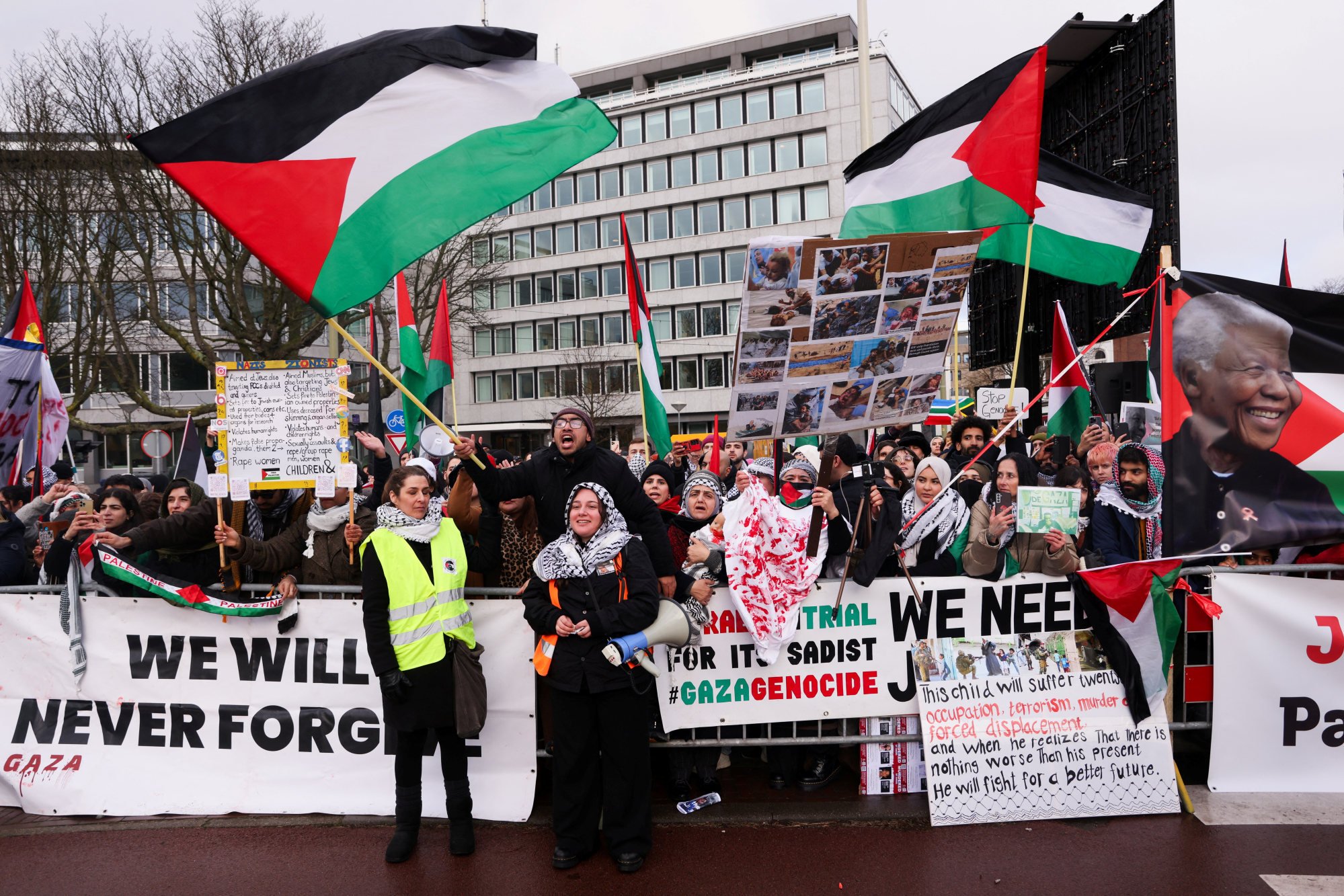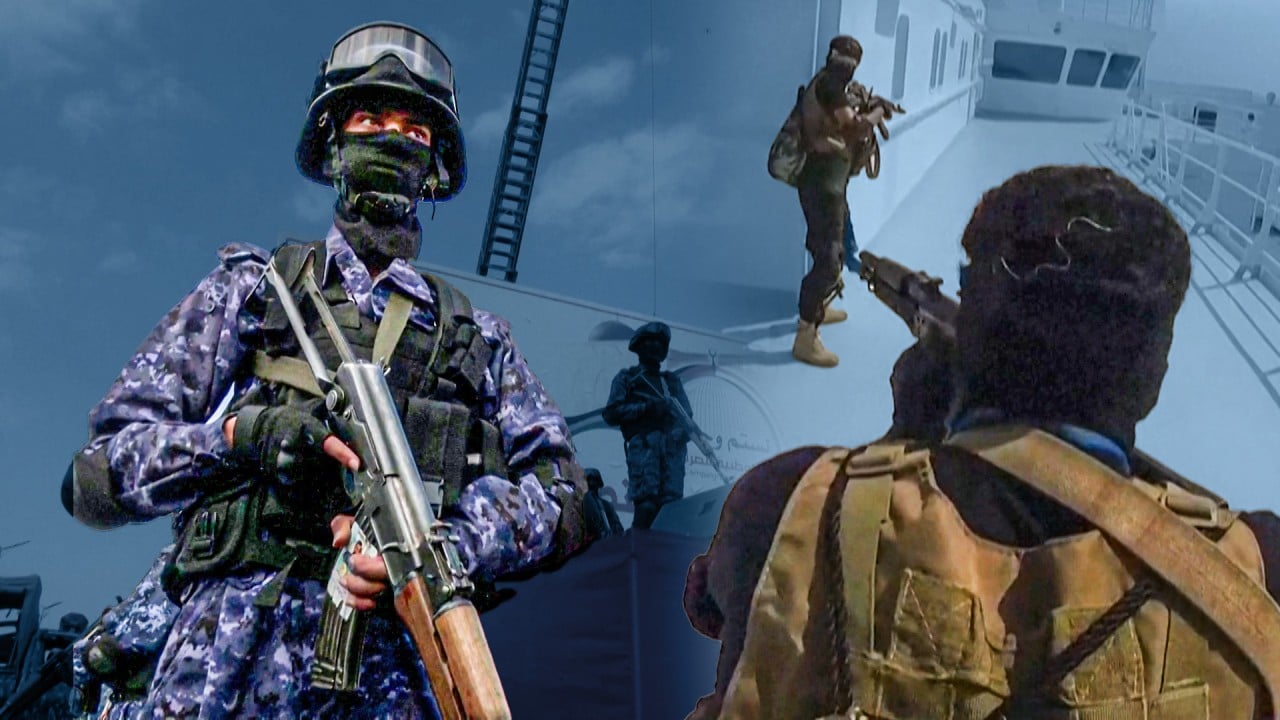
Defiant Netanyahu says no one can halt Israel’s war to crush Hamas, including the world court
- PM Benjamin Netanyahu says the ICJ won’t derail Israel’s offensive after South Africa asks the court to stop the war
- Thousands in Israeli cities and towns protest against Netanyahu, accusing him of not doing enough to bring the hostages home from Gaza
“No one will stop us, not The Hague, not the axis of evil and not anyone else,” Netanyahu said in televised remarks on Saturday evening, referring to Iran and its allied militias.
The case before the World Court is expected to go on for years, but a ruling on interim steps could come within weeks. Court rulings are binding but difficult to enforce. Netanyahu made clear that Israel would ignore orders to halt the fighting, potentially deepening its isolation.
Israel has been under growing international pressure to end the war, which has killed more than 23,000 Palestinians in Gaza and led to widespread suffering in the besieged enclave, but has so far been shielded by US diplomatic and military support.
Several thousand protesters in Tel Aviv have called for the resignation of Prime Minister Benjamin Netanyahu, accusing his government of not doing enough to bring home the hostages still held by Hamas in the Gaza Strip.
People also took to the streets against Netanyahu in other Israeli cities on Saturday evening, with some 1,000 protesting in the coastal towns of Haifa and Caesarea, according to Israeli media reports.

Israel argues that ending the war means victory for Hamas, the Islamic militant group that has ruled Gaza since 2007 and is bent on Israel’s destruction.
The war was triggered by a deadly October 7 attack in which Hamas and other militants killed some 1,200 people in Israel, mostly civilians. About 250 more were taken hostage, and while some have been released or confirmed dead, more than half are believed to still be in captivity. Sunday marks 100 days of fighting.
Meanwhile, Netanyahu and his army chief, Herzi Halevi, said they have no immediate plans to allow the return of displaced Palestinians to northern Gaza, the initial focus of Israel’s offensive. Fighting in the northern half has been scaled back, with forces now focusing on the southern city of Khan Younis, though combat continues in parts of the north.
Netanyahu said the issue had been raised by US Secretary of State Antony Blinken during his visit earlier this week. The Israeli leader said he told Blinken that “we will not return residents [to their homes] when there is fighting.”
However, the border area, particularly the city of Rafah in southern Gaza, is packed with hundreds of thousands of Palestinians who had fled northern Gaza, and their presence would complicate any plans to widen Israel’s ground offensive.
“We will not end the war until we close this breach,” Netanyahu said Saturday, adding that the government has not yet decided how to do that.
Additional reporting by dpa


